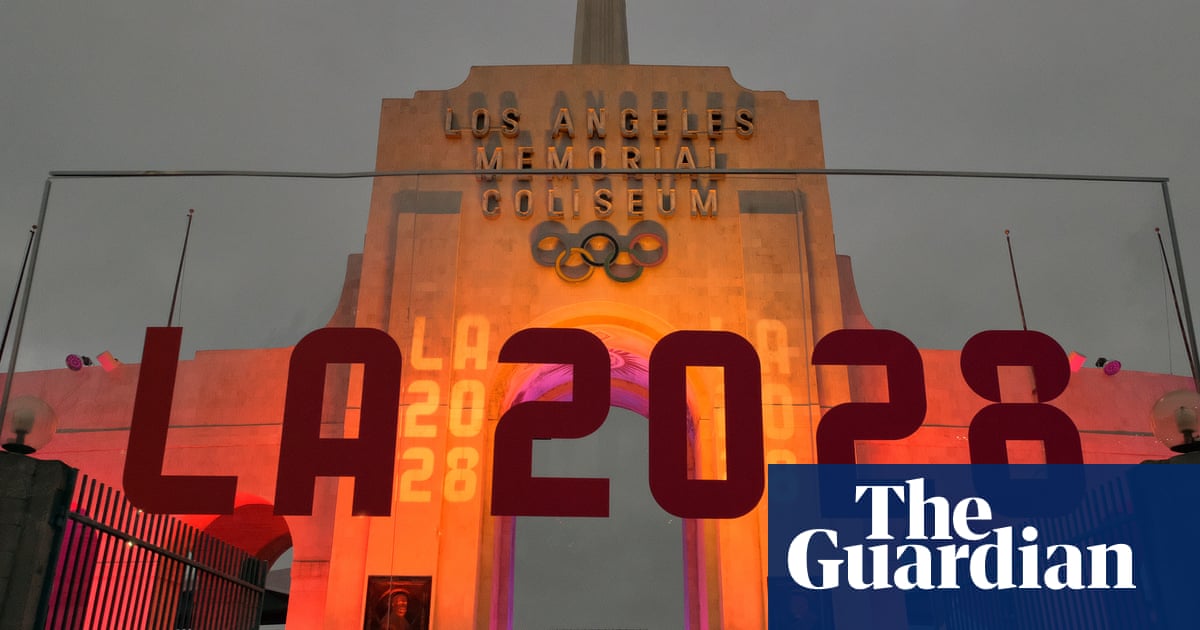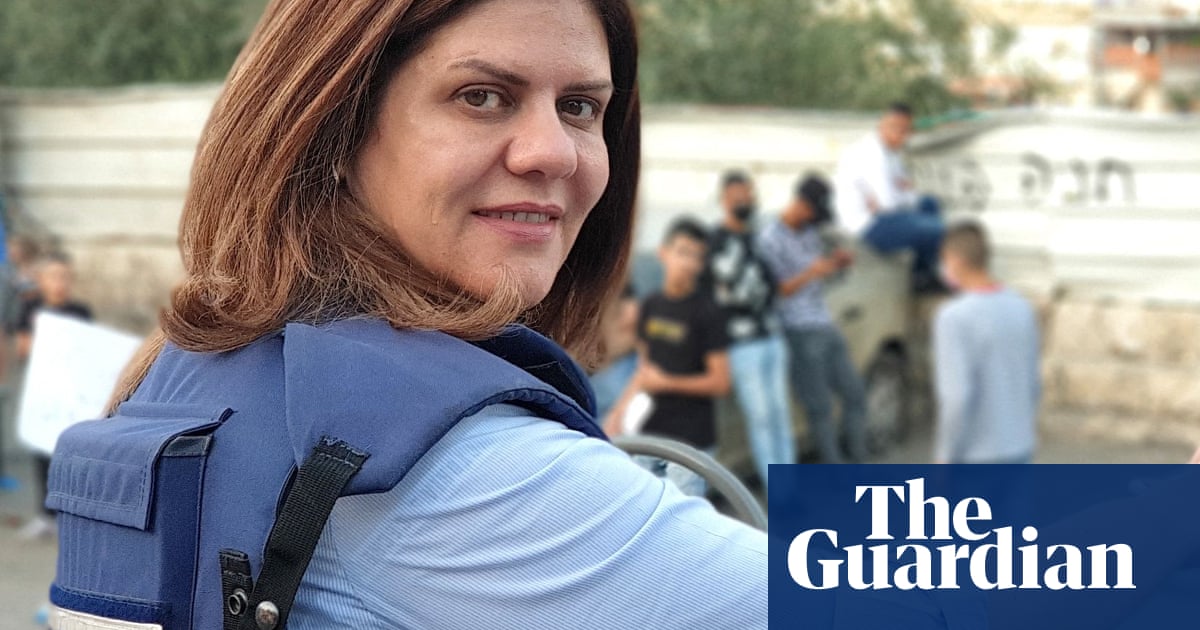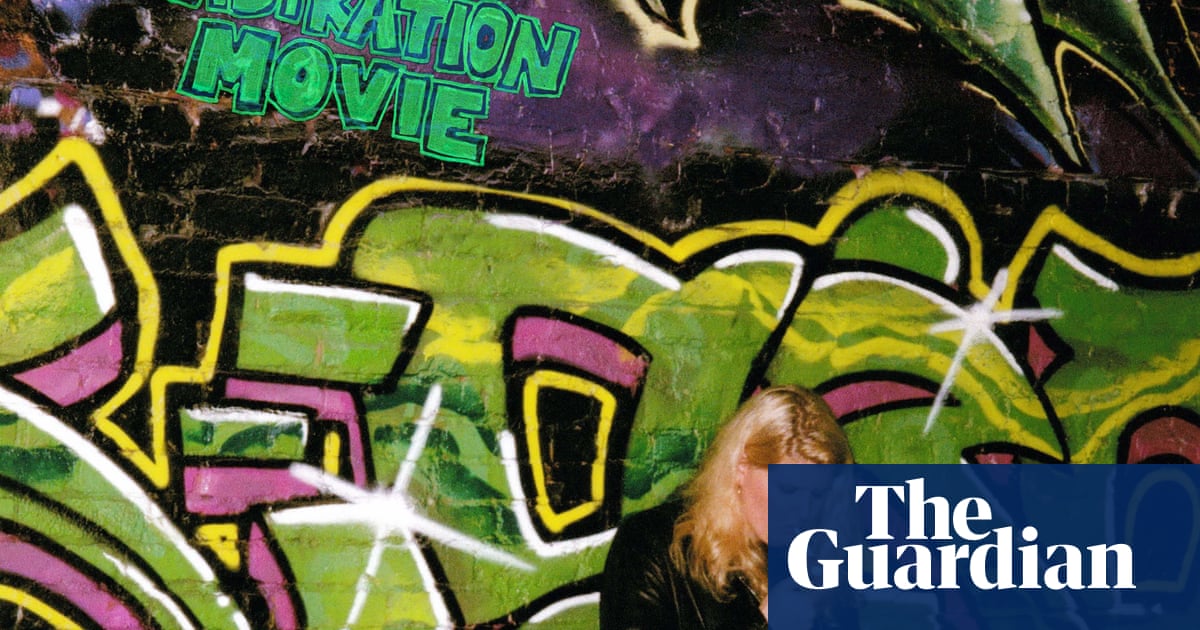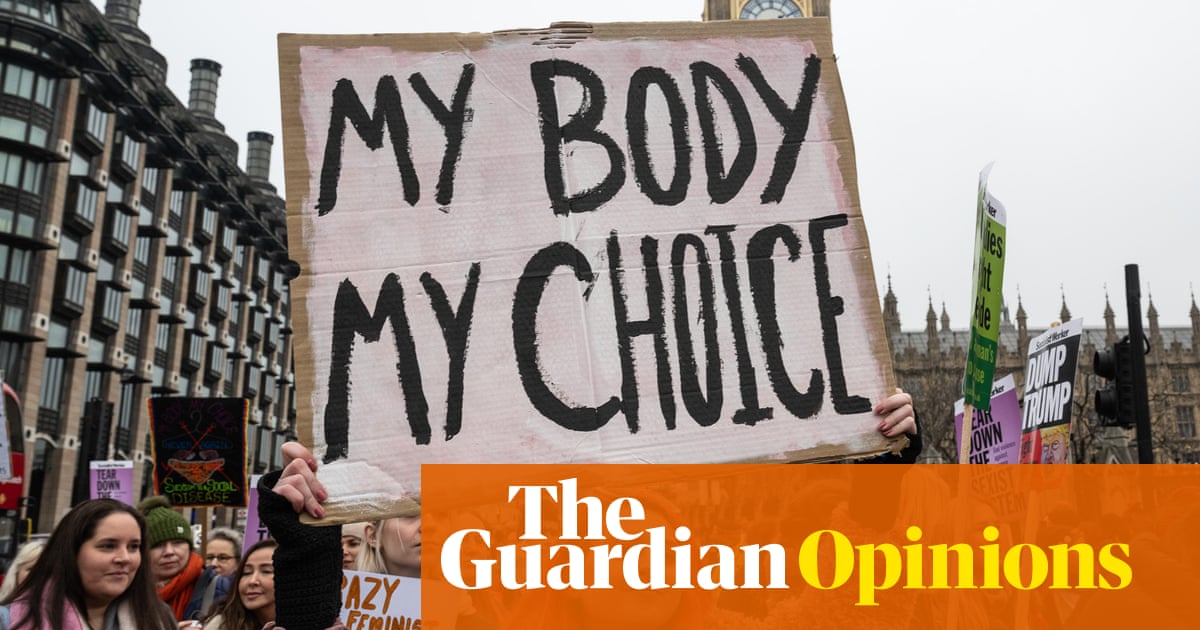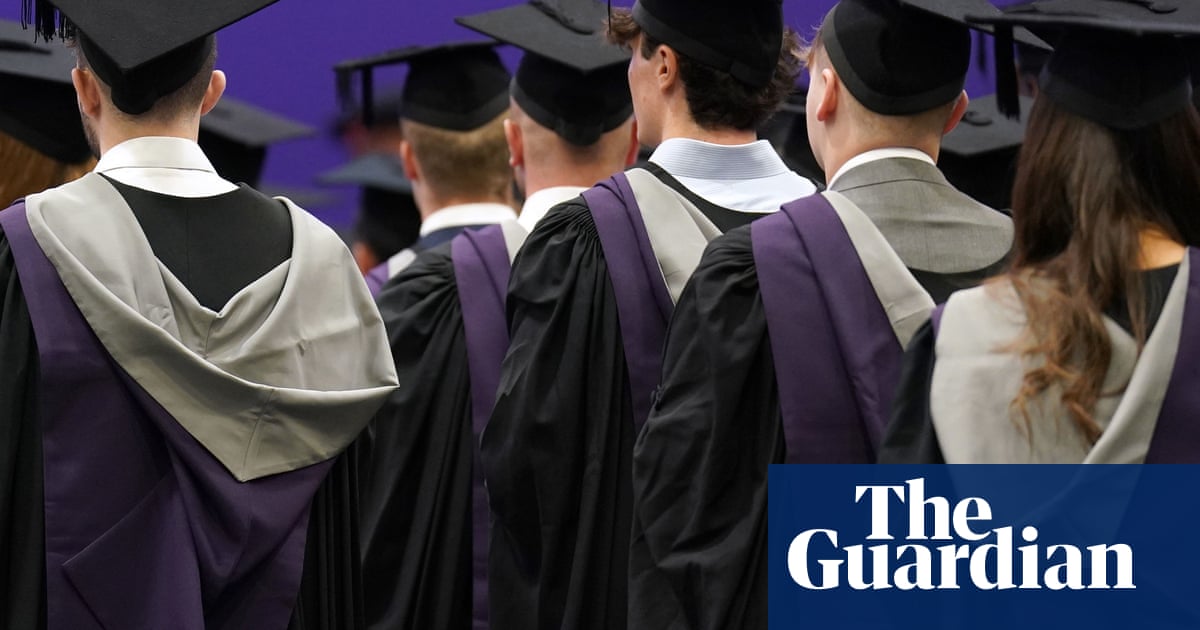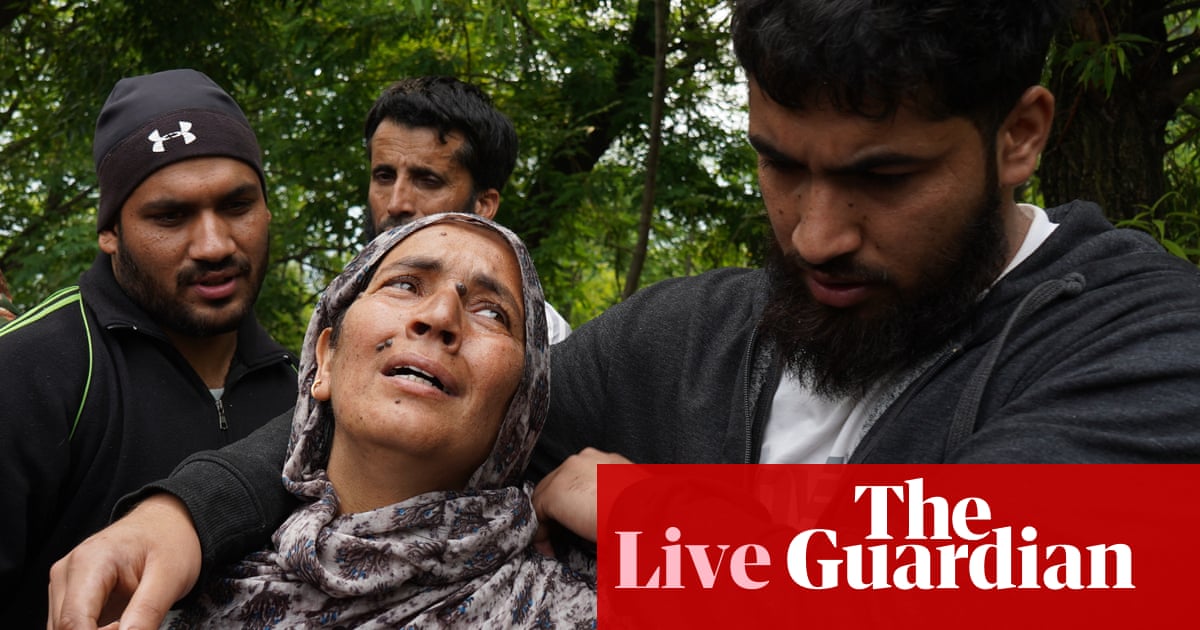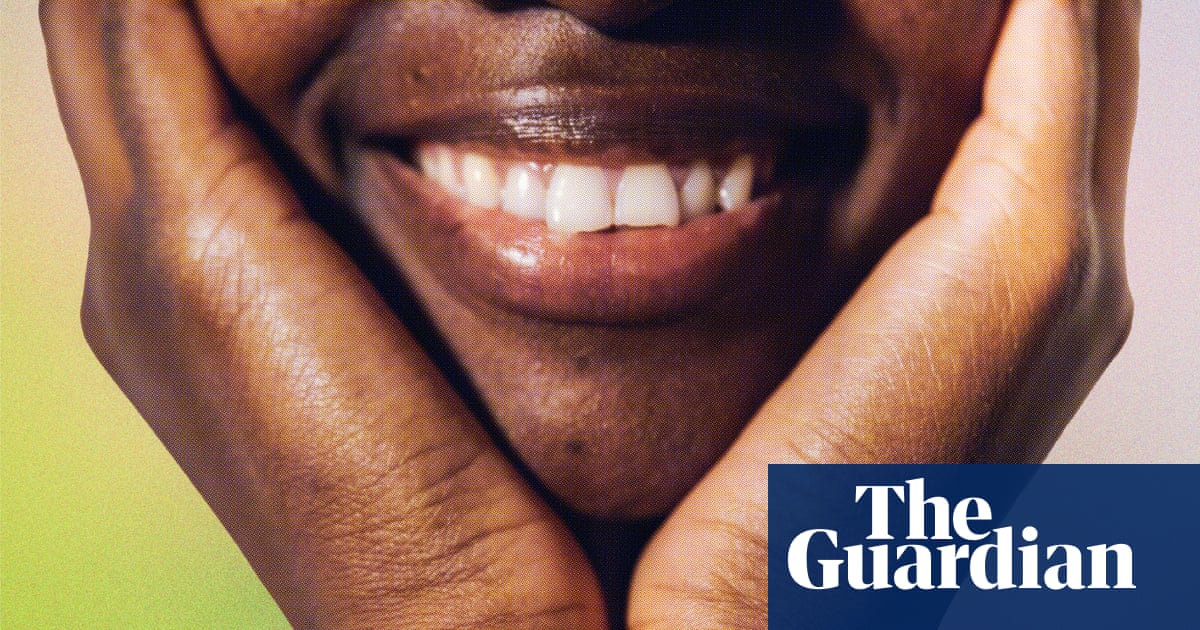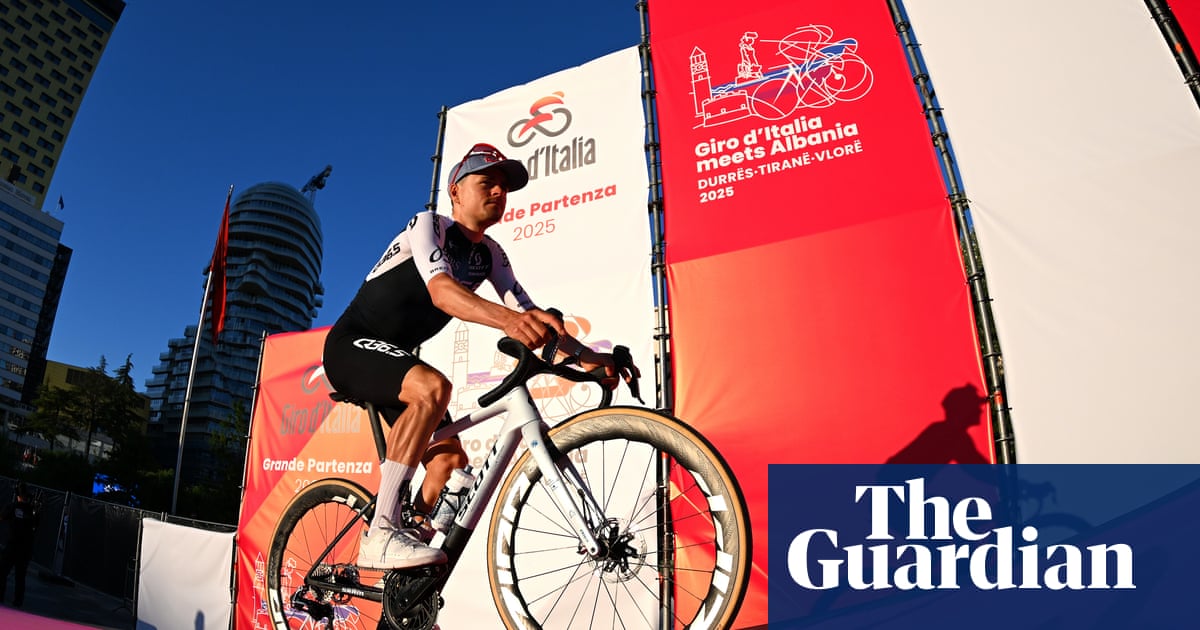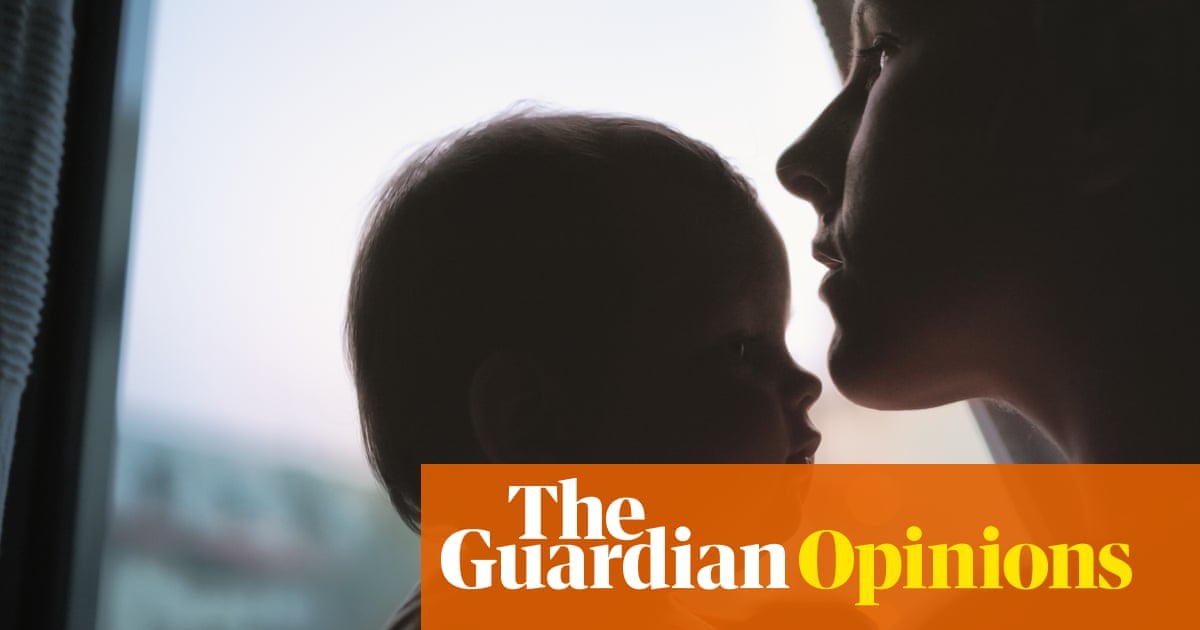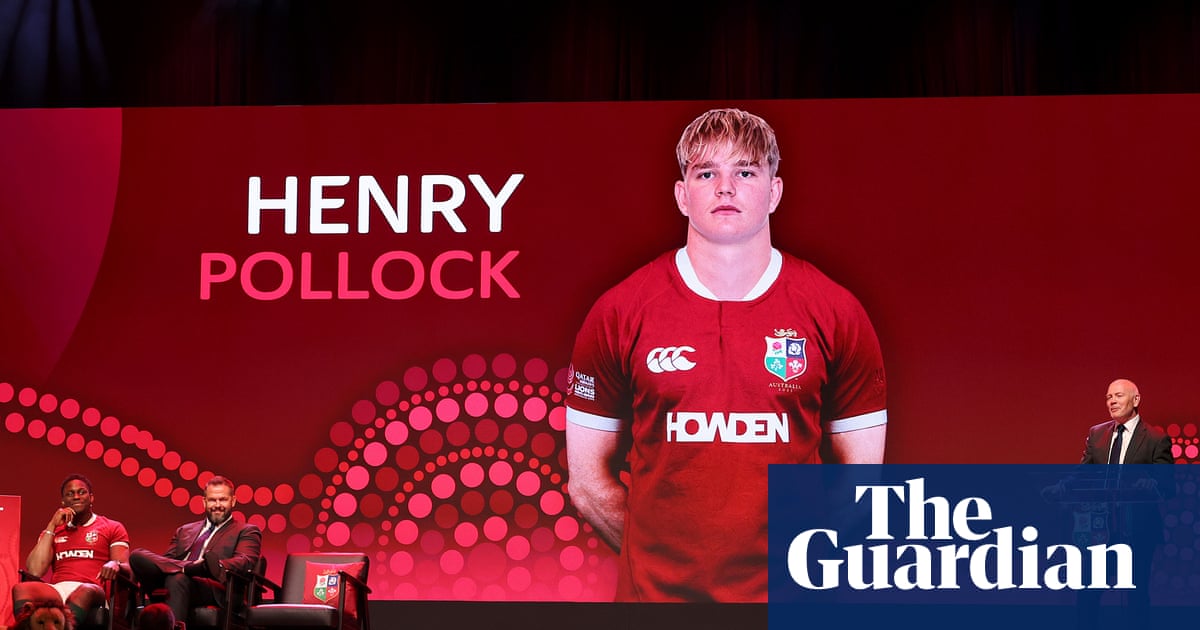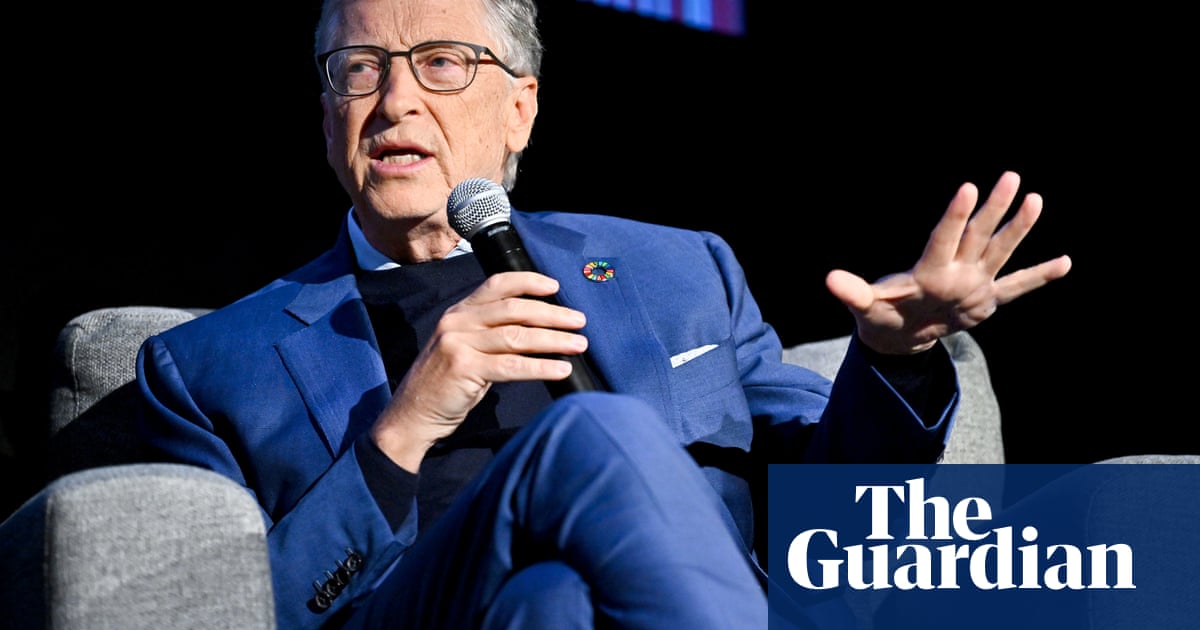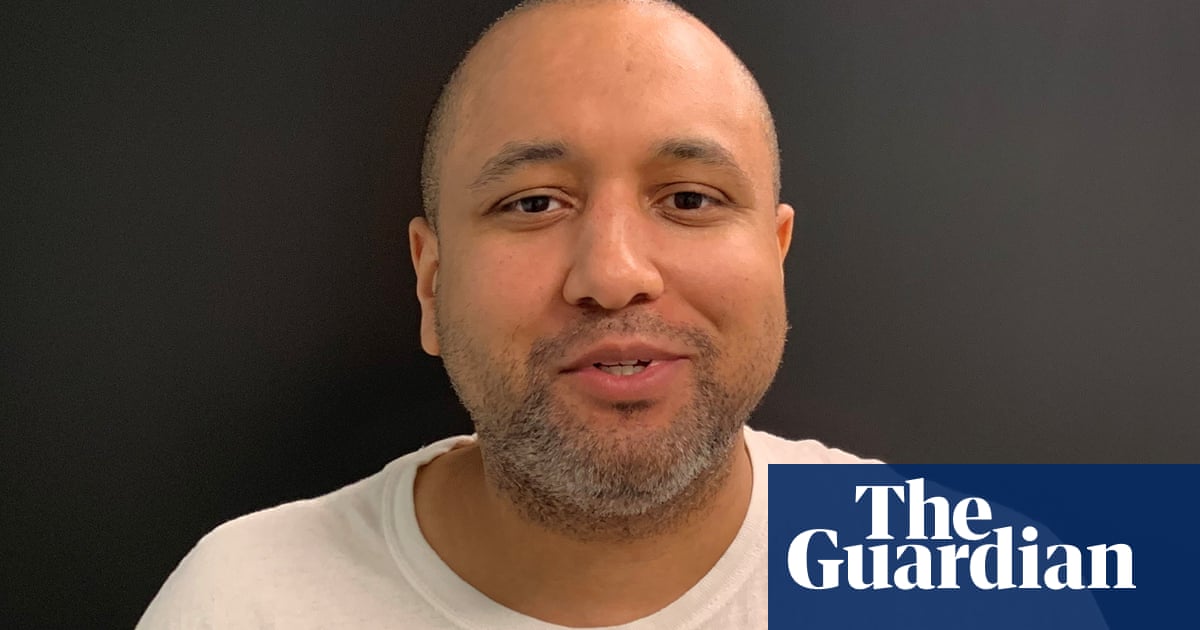If it were not taking place in a small village deep within the Bolivian jungle, the scene could easily have been mistaken for a film set or live-action role-playing game: hundreds of people brandish wooden spears and improvised shields made from iron or plastic drums, some of which still bear the pictogram of the toxic products they once contained.
Behind them a wooden fort – with an elevated observation post where a man holds a bow and arrow – blocks the main path leading to a radio station, where Bolivia’s former president Evo Morales, 65, has been entrenched for seven months, seeking to avoid arrest.
Reaching the building is impossible – even, apparently, for the police – unless one has the authorisation of the hundreds of coca farmers who, day and night, guard every access route in Lauca Ñ, a tiny village in the coca-producing Chapare region.
Morales faces an arrest warrant, accused of fathering a child with a 15-year-old girl during his presidency in 2016.
Bolivia’s first Indigenous president and the country’s longest-serving leader denies having committed any crime. He claims the case is part of a plan by the current government to destroy him politically – and even to have him killed using “imprisoned former police officers and military personnel”, he told the Guardian from inside his hideout in March.
Referring to himself in the third person, he said: “Their sole task is to end Evo’s life.”

Three hundred and fifty miles away, in the capital, La Paz, the man Morales accuses of masterminding the supposed plot says there is no such plan. “He’s been talking this nonsense since the early years of our government,” said Bolivia’s president, Luis Arce, 61, who was Morales’s finance minister during his nearly 14 years in power.
Former allies turned bitter rivals, the two may face each other in the August elections that will decide Bolivia’s next president – that is, if Morales manages to overturn the supreme court’s ruling that he has already exceeded the constitutional limit of one re-election.
The race will be shaped by Bolivia’s deep economic crisis, with inflation and persistent shortages of US dollars and fuel that have triggered long queues, road blockades and widespread protests.
Despite having served in Morales’s cabinet as head of the economy, Arce places much of the blame for the country’s current problems on his former mentor’s administration.
“Our government is providing the structural solution to the problems. What’s the issue? This period … is being politically exploited by Evo Morales and his people, who want to return to power at any cost,” he said.
The president said the police must carry out the arrest warrant against Morales. “But we’ve all seen the protection that Mr Evo Morales has … So I understand that the police are weighing their options, as they can’t simply enter, arrest someone, and risk bloodshed on both sides,” he said.

Back in Lauca Ñ, coca farmer Albertina Rodríguez, 58, grasps a bamboo baton, and says she and the hundreds of other Morales supporters will do whatever they can to prevent the arrest of “brother Evo”.
This is the region where Morales first emerged as a union leader for coca farmers and a politician. During his presidency, he expelled the US Drug Enforcement Administration (DEA) from the country and a derelict former outpost of the agency still stands by the roadside leading into the Chapare.
Although the coca leaf has widespread legal and cultural uses in Bolivia as a stimulant, digestive aid or treatment for altitude sickness, it is known that part of the crop grown in Chapare is diverted for cocaine production.
Morales’s supporters insist they only produce coca, not cocaine – “the green one, not the white one”.
Rodríguez said they would stay there until they “win the elections … because of everything this government is doing to us: there’s no gasoline, no dollars, nothing”.
The economic crisis, although exacerbated in the last two years, began in the final years of Morales’s 2006–2019 administration. After about a decade of prosperity driven by a natural gas boom, reserves had dwindled, and what was once an energy powerhouse for Latin America now finds itself having to import hydrocarbons.
At the Mercado Rodríguez, a bustling market in the centre of La Paz, vendor Julieta Contreras, 58, said that the price of cheese she sells had nearly doubled in a year. Although she hasn’t decided whom she will vote for, she said it wouldn’t be Arce or Morales. “Bolivia needs to recover by changing its economic model … We need to change to the right to see how it turns out for us,” she said.

Fernanda Wanderley, director of the Institute of Socio-Economic Research at the Universidad Católica Boliviana, said Bolivia’s right was fragmented, but the country’s largest party – the leftwing Mas, founded by Morales but now dominated by Arce – had lost legitimacy “because their economic model, which worked for a long time, no longer does”, creating uncertainty around the elections.
“Bolivia’s economic history is one of cycles, but we’ve never managed to take advantage of them to transform the economic structure … Everyone is always waiting for the next boom,” she said.
Meanwhile, the Mas vote seems set to further fracture with the emergence of a new challenger from inside the party ranks: the 36-year-old senate president, Andrónico Rodríguez, announced on Sunday that he too would run for president.
Long seen as Morales’s “natural heir” for his Indigenous roots in the Chapare and his leadership in the coca growers’ union, Rodríguez had been courted by both the evistas and the arcistas. His decision to run could possibly revive party fortunes – but it could splinter it irrevocably.
From his hideout, Morales says that despite the arrest warrant against him, he plans to march to La Paz next week with his supporters to register his candidacy.
Amid his various legal woes, Morales clings to the past. “In the 14 years [I was president], we didn’t have the problems we’re facing now. For 14 years, there was no fuel or dollar shortage, and we had economic stability,” he said.
In 2019, despite the constitution barring him from running again, Morales sought a fourth term, claiming it was a “human right”. There was a blackout during the vote count, and when it resumed, it showed Morales as the winner. The country erupted in violent protests, and Morales fled to Mexico and later to Argentina.
During that campaign, the opposition alleged that in 2016, when Morales was 56 and president, he had fathered a child with a 15-year-old girl – an act that, under Bolivian law, constitutes statutory rape. The alleged victim never formally pressed charges, and the case was subsequently shelved.
After his protege Arce won the presidency in 2020, Morales returned to Bolivia, but the two soon fell out, reportedly because the former president did not have the influence he had hoped for over the new government.

The rivalry between the two intensified, with Morales calling for protests against the government.
In 2024, a public prosecutor reopened the statutory rape case, this time adding a human trafficking charge, citing alleged political favours granted to the girl’s parents. The addition of the new offence enabled the case to proceed even without a formal complaint from the alleged victim – who has been in hiding since 2019.
An arrest warrant was issued, and Morales has since barricaded himself in Lauca Ñ.
When asked about the case – which is not the first allegation against him involving alleged relationships with underage girls – the former president said only: “Where there is no victim, there is no crime.”
He claims that the case’s revival and the alleged plan to kill him – in October, he posted on social media that armed men had fired at the car he was in – are part of a strategy to derail his candidacy “because we’re doing well in all the polls”.
He added: “Anywhere else in the world, a former president is given protection, support, even if they’re in opposition. Not here.”
Arce said the case was “a matter for the judiciary, not something being driven by the national government”, and that “these allegations about Evo Morales and paedophilia have been around for a long time.”
Morales no longer enjoys widespread popularity nationwide, but his diminishing popular appeal may owe more to economic factors than the allegations against him, said Wanderley.
“Unfortunately, the issue of paedophilia doesn’t stir much public reaction … There is a culture of violence against women in Bolivia, and sadly it’s an issue that most people simply don’t acknowledge,” she said.

 6 hours ago
10
6 hours ago
10


